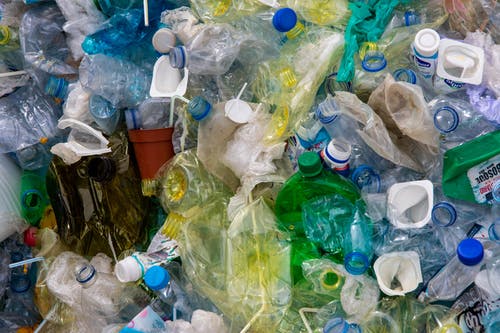Uncontrolled substances and wastes, such as dioxin and furan from electronics increase greenhouse gases (GHG). Improper handling of said e-wastes by the Information and Communication Technology (ICT) Industry may consequently lead to adverse consequences. These gases have an extensive range of effects in the environment and living organisms and ultimately leading to climate change.
Advances in the ICT industry has enabled monitoring of e-waste generated yearly. Such findings allow the industry to adapt and support a circular economy in Latin America and address the long-standing issue of e-waste in the region and the world over. In a circular economy model, no compound goes to waste and instead, gets reintroduced in the overall cycle of the business, society and the environment.
A circular economy is characterized as an economy that is restorative and regenerative by design and aims to keep products, components, and materials at their highest utility and value at all times, whilst distinguishing between technical and biological cycles. The ICT industry in Latin America leads the movement in support and implementation of such concept to managing e-waste.
For instance, in 2018, Telefónica group implemented the GReTel, a digital platform for waste management. The platform addresses various aspects of e-waste such as providing complete traceability, using equipment to assist in setting targets, and developing measures across countries. The model of a circular economy adapted by Telefónica may be seen in the picture below:

Telefónica is committed to comply with environmental regulations and plans to continue to leverage their annual purchasing volume by engaging with suppliers of electronic equipment to resolve the issues related to e-waste at the onset.
The fact of the matter is that the formal recycling sector in Latin America is not fully developed. Mobile operators expected to support the responsible treatment of e-waste are faced with challenges such as the absence of national recycling facilities and the inability of companies to support waste collection campaigns at the national level.
Despite this, there are private initiatives collectively acting towards the same sustainable goal. The list below presents other company-led recycling programs in Latin America for e-waste management
- Program Verde in Mexico; this program is under the GSMA WeCare campaign, which is a program whereby providers such as AT&T, Telcel, Telefónica’s Movistar, Huawei, and Samsung, among others, participate in initiatives to raise the amount of recyclable e-waste. Special containers for mobile devices collection; customer service centers in Mexico (i.e., Telcel), Brazil (i.e., Claro), Chile, Colombia, Costa Rica, and Perú offer special containers for the collection of mobile devices and accessories. These items are recycled by certified processors to prevent contamination and reduce emissions throughout the process.
- Entel’s Barrio Feliz program in Chile; Entel promotes the recycling of used mobile phones through its Barrio Feliz Program, aiming to support rehabilitation projects in selected neighborhoods. Consumers may dispose of their phones at more than 300 Entel collection stations and Entel partner stores.
- Oi Troca Fácil Program, Brazil; A buyback program, Oi Troca Fácil, has been implemented by the Brazilian provider Oi S.A., offering customers collection stations for mobile phones. These are recycled or restored and resold to boost 4G migration.




